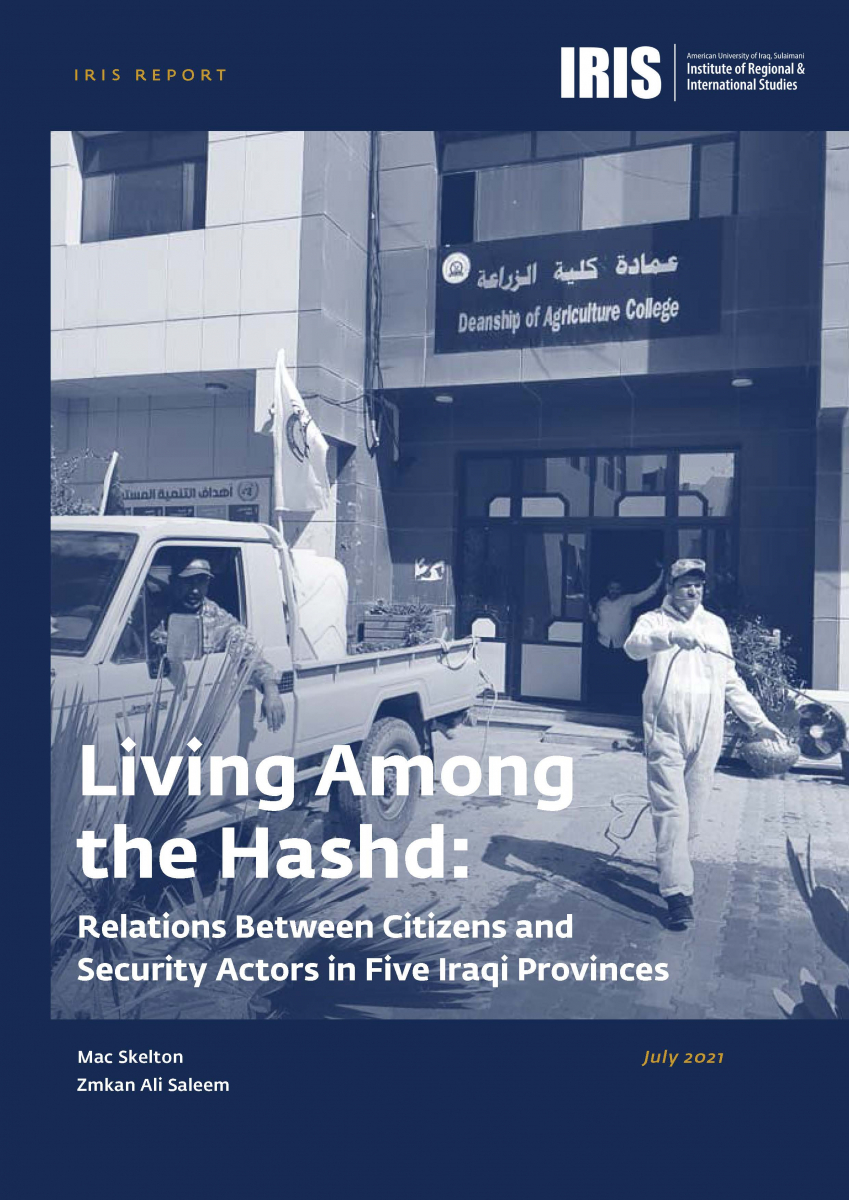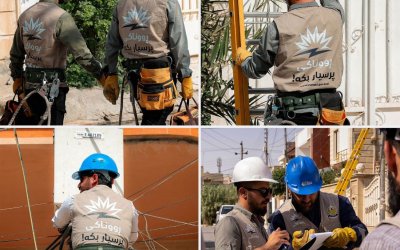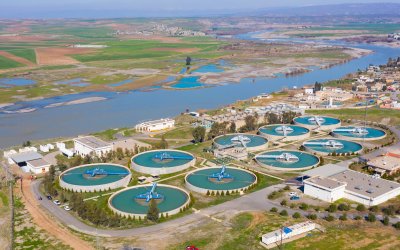Based on interviews and focus groups in five provinces (Baghdad, Basrah, Thi Qar, Ninewa, Kirkuk), this study examines the diverse relationships between local communities and the various Popular Mobilization Forces (PMF or PMFs). When the PMF arose in 2014, they enjoyed widespread support at the local level, particularly in Baghdad and the South. With the violence against protesters in Basra in 2018 and subsequently across the south in 2019 — violence for which the PMF, ISF, and the political parties were all allegedly culpable — local attitudes started changing. The PMF had effectively lost the argument that they stood apart from the political order, even among their original supporters. And yet, pragmatism still defines the relationship between local communities and the PMF. As a fact of life in the chaos of post-2003 Iraq, informality reigns, and local citizens have grown accustomed to utilizing whatever connections and relationships they can muster in order to get by. Since 2014, the PMF has become an unavoidable part of the local power structures one must navigate to make life possible in a situation of weak public administration. This study examines the varied resources and constraints specific communities bring to the table when negotiating life among the Hashd. Community relations with the PMF vary significantly according to province. These regional and subregional differences simultaneously correspond to distinctions in social class, ethno-religious background, and political affiliation, all of which influence the nature of the engagement between a given community and the PMF.
Click here or on the image below for the full report.






